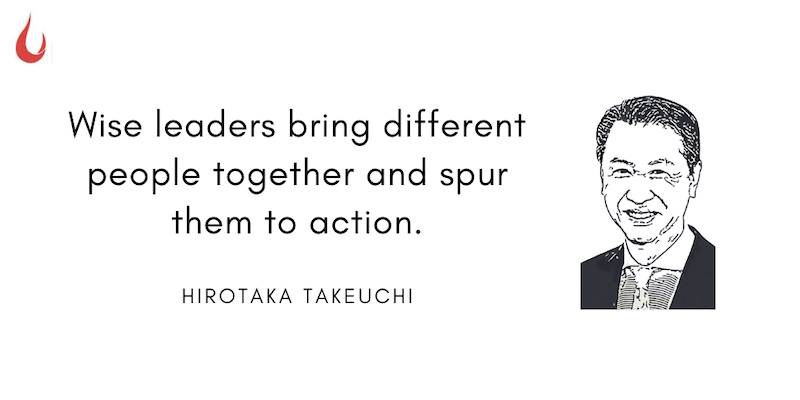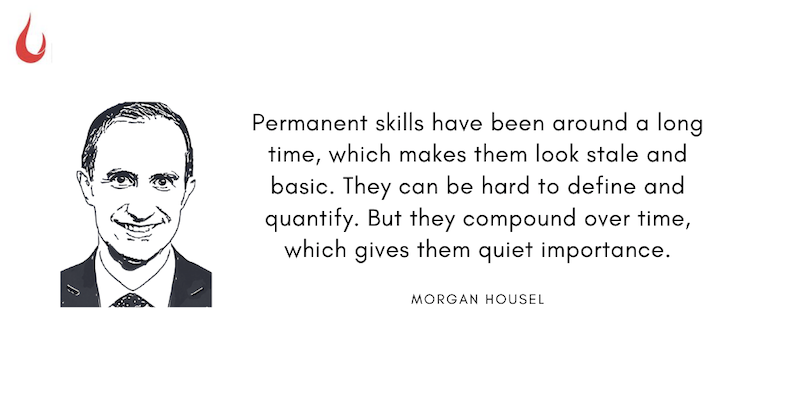[Image by Free-Photos from Pixabay]
Good morning,
In The Three-Box Solution: A Strategy for Leading Innovation, Vijay Govindarajan, professor at Tuck School of Business, quotes a memorable passage from Elizabeth Gilbert’s Eat, Pray, Love.
Gilbert wrote: “We gallop through our lives like circus performers balancing on two speeding side-by-side horses—one foot is on the horse called ‘fate,’ the other is on the horse called ‘free will.’ And the question you have to ask every day is—which horse is which? Which horse do I need to stop worrying about because it’s not under my control, and which do I need to steer with concentrated effort?”
Govindarajan says, Gilbert’s metaphor “applies equally well to organizations and their leaders. Across every activity, a business must continually ask itself, Which horse is which? The horse of free will can be steered, but the horse of fate cannot be controlled. Successful people and organizations know how to keep their focus on what they can control. As a result, they waste very little time and energy on the uncontrollable horse.”
The idea itself might appear to be old. Steven Covey, for example, implores us to focus on the “circle of control” rather than the broader “circle of concern”. But, the striking metaphor offers fresh insight.
In the words of Govindarajan: “Gilbert isn’t suggesting that you should ignore the horse you can’t control. On the contrary, you need to understand, respect, and work to hedge against the destructive potential of uncontrollable fates.”
(You will read an interesting example of this in today’s newsletter)
In this issue
-
Why you should invest in community over profits during turbulent times
-
Learn to say, “that’s all right”
-
How to write good
Have a lovely day!
Why you should invest in community over profits during turbulent times
A Harvard Business School Working Knowledge article shares a story from Japan in the aftermath of the 2011 tsunami that left 16,000 people, and hundreds of thousands of people homeless. Takeshi Niinami, CEO of Lawson, a chain of convenience stores, got his employees to lead the relief efforts, delivering food to disaster victims.

It’s in line with how Japanese companies think--they talk consistently about “creating lasting changes in society,” according to Hirotaka Takeuchi, Professor of Management Practice at HBS. The result of such thinking? The companies survive and thrive in the long run. “40 percent of companies that have remained in existence for more than 300 years are located in Japan”.
What Niinami did next captures the philosophy, and also has important lessons for business leaders on how to think about business, employees and community during the pandemic. Here’s an extract from the article:
“Rather than focusing company relief efforts in Tokyo, where the majority of Lawson’s business was located, Niinami zeroed in on the devastated Tohoku area, knowing it would be a costly decision. In hard-hit Soma City, fear was settling in about possible contamination from the failing nuclear reactors, even though it was far enough away that exposure to radiation was unlikely. Truck drivers were refusing to deliver supplies to the city. Niinami intuitively understood that reopening a convenience store there would bring back a sense of normalcy and create hope for the city’s future, Takeuchi says.
So, he called on franchisee Etsuko Kato to reopen a Lawson store in Soma. Kato had seen devastation as well. The tsunami had claimed two of her four Lawson stores and had destroyed her house, forcing her to a refugee shelter. Her mother-in-law and pet cat were still missing.
But Kato, whose husband had died four years earlier, had shown strength by overcoming personal struggle before, and she knew firsthand what supplies fellow shelter survivors needed most. Kato accepted the challenge, reopening her store 11 days after the earthquake struck. Soon afterward, seeing customers flocking to that one store, other stores opened one by one as people in the area regained confidence that life was returning to normal.”
Dig Deeper
-
Wise Leadership and Wise Capitalism by Hirotaka Takeuchi (pdf)
If you are interested in the role retailing and consumer business play during the times of crisis, check out the first three episodes of Talkin’ Bout My Generation series from Founding Fuel.
Watch this space for details on the replay of the fourth episode and the upcoming fifth episode.
Learn to say, “that’s all right”
Morgan Housel, a partner at Collaborative Fund, writes some skills might be vital at a given time but will expire as technology improves. But some skills are permanent -- essential 100 years ago, essential today, and essential 100 years from now. These skills are mostly ‘soft skills’ such as getting along with people you disagree with, communicating efficiently, and accepting a certain degree of hassle and nonsense when reality demands it.

To illustrate the last point Housel gives the example of Franklin Roosevelt. “Frances Perkins, Franklin Roosevelt’s Secretary of Labor, said the most remarkable thing about the president’s paralysis was how little it seemed to bother him. He told her: “If you can’t use your legs and they bring you milk when you wanted orange juice, you learn to say ‘that’s all right,’ and drink it.” A useful and permanent skill in a world that’s constantly breaking and evolving.”
How to write good

(via WhatsApp)
What’s the best writing tip you ever received? Let us know. Head to our Slack channel.
And if you missed previous editions of this newsletter, they’re all archived here.
Bookmark Founding Fuel’s special section on Thriving in Volatile Times. All our stories on how individuals and businesses are responding to the pandemic until now are posted there.
Warm regards,
Team Founding Fuel

